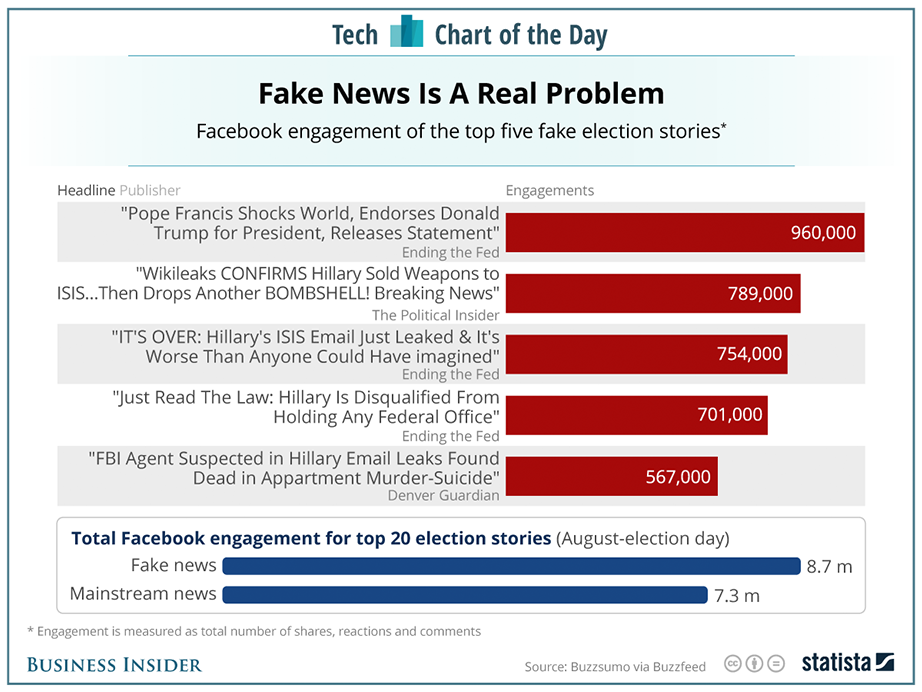Navigating social media
In Part Two, we introduced you to “slow news”: the idea media creators should not rush to publish or post something before verifying it. Nowhere is it more important to take the slow news approach than on social media, because nowhere does information speed past us with greater velocity — and we are among the people speeding it along.
Do you ever share links you see in your social media feeds without actually clicking through and reading or watching the content?
In other words, do you share headlines without checking out the story?

If you never do that, congratulations! You’re one of the rare people who exercises due diligence in your use of social media. The larger reality is that we all tend to pass things along solely based on headlines or nudges from other people.
Even when you know a lot about what you intend to share or post, we strongly suggest waiting before clicking the send, post, or share button.
The “grandmother situation”
We were visiting with some college students several years ago in Georgia, and the conversation came around to how we all used social media. One student told us something that stuck with us in a big way. Her grandmother had posted something ridiculously wrong on Facebook. The student called out her grandmother for doing it. What happened? “She unfriended me,” the student said.
We’ve thought a lot about this, and we’ve asked our own students to consider what we’ve called “the grandmother situation” — we say this with the fondest of thoughts about our own grandmothers — namely what to do when someone you love or care about posts bogus information online.
 Knowledge check
Knowledge check
What do you do when someone you know shares fake information?
There’s no single answer to this question, but there do seem to be several solid pieces of advice. First, it’s generally best to send a private message to a loved one, and not scold or even correct her publicly. The kind of language we suggest goes along these lines: “Grandma, I love you, and I wanted you to know that what you said there is not correct. And here’s a link to the correct information.” This won’t always make a difference, but it’s probably less likely to cause a family feud.
It’s also a matter of basic civility, as we’ve discussed before. When we can have civil conversations, even amid fierce disagreement, we can learn from each other or at least come to understand where the other person is coming from.
